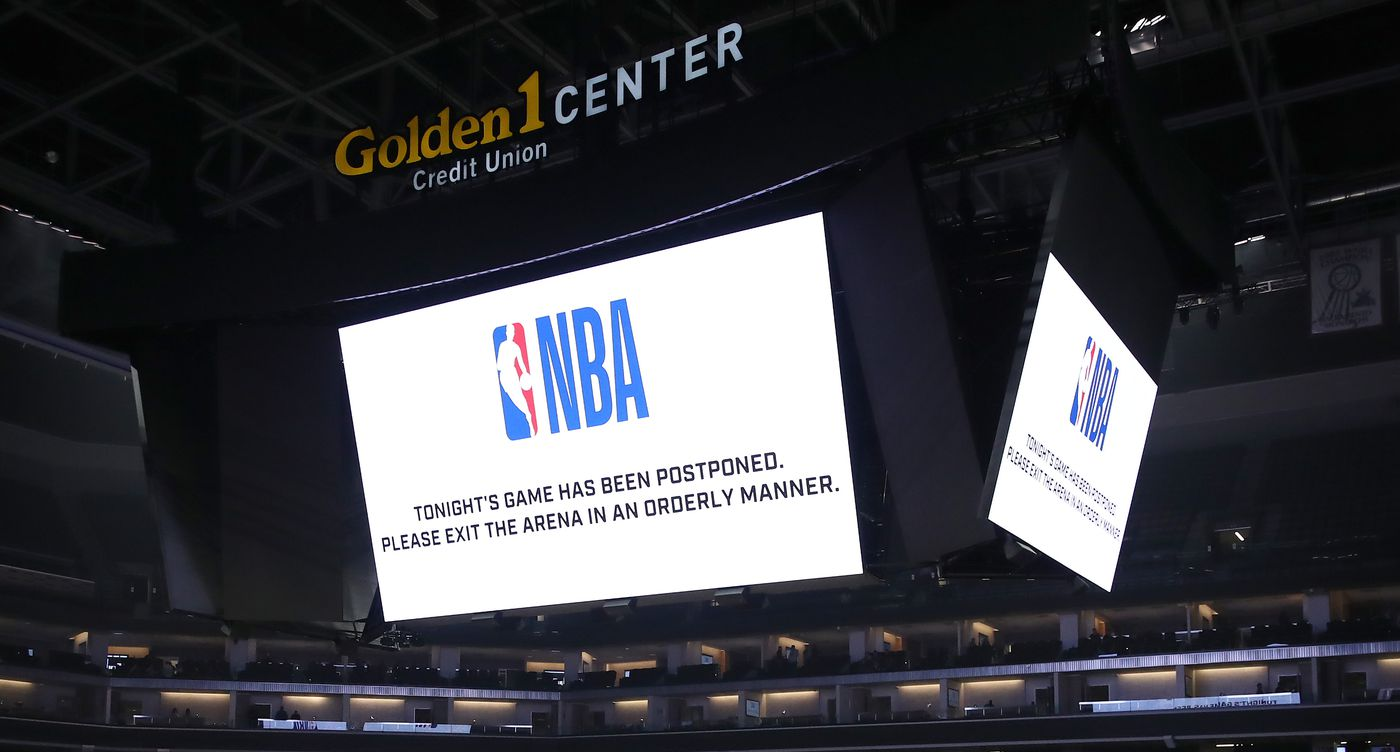By: Nathan Tucker
By now, I am sure you have become almost numb to the news regarding coronavirus. Cases are never-ending, deaths are never-ending, and lately, both are on the rise to levels not seen since the outbreak of the pandemic.
And yet, thousands of people attended football games this weekend. It might shock you to learn that people going to football games with 20,000 other people are not always concerned about virus transmission.
In spite of recommendations from public health officials, sports on a wide scale continues apace, despite America setting a new daily COVID case record at least once a week this fall.
As a fan of sports and, more specifically, attending sports, I understand that those who are going to games during the pandemic are clawing at the idea of “normalcy” by attending a football game on a fall Saturday the way they always would.
There is nothing normal about mass gatherings for SEC football during a global pandemic. Pictures and video from inside stadiums have shown people flaunting social distancing guidelines, let alone what is happening outside of games where there are not any stadium staff to tell anyone otherwise.
Now, I do not blame people for “living their life”, as is often the defense. People act differently, and while you would hope everyone takes COVID seriously, not everyone does.
The blame lies with the organizations that gave the greenlight to having thousands of people gather during a pandemic all across the country. Sports leagues and local governments have a lot more say over a potential COVID spread than some college kids not wearing masks at a football game.
As already shown with many leagues, most successfully the NBA, it is more than possible to have sports without fans and prevent further spread of coronavirus. Formula One racing has already rolled back plans to hold races with fans, and held their last race without fans in Italy, where COVID-19 ravaged cities in the early days of the outbreak.
The current rate of spread suggests that a step further is truly necessary. Keeping fans away from sporting events is a start, but athletes, team staff, stadium staff and more are still required even without a single fan in attendance.
This past weekend, the NFL announced a landmark: a football Sunday without any positive COVID-19 tests. The Monday after, nearly a dozen teams announced players had tested positive. The NFL, and basically any other sports league, will dance around the true effects that the pandemic is having on its operation.
Players are getting sick. Some are not coming back. St. Louis Cardinals pitcher Carlos Martinez has been dealing with the effects of COVID on and off since a positive case put him in the hospital when the team had an outbreak that sidelined them for almost two weeks during the MLB season.
Some are less lucky. Red Sox pitcher Eduardo Rodriguez caught the virus earlier this year and developed a heart condition, known as myocarditis, that kept him off the field for the entirety of the shortened 2020 season.
To legitimately prevent further pandemic spread, sports need to go back to March 12, 2020. Shut it down. It is a bold stance, and not a popular one, but necessary if sports actually care about their product long term.
With the COVID-19 pandemic only looking to get worse in the colder months, the safest approach for all sports is to simply call everything off, at every level. Pro sports? Nope. College? Nope. High school? Youth sports? Not happenin’, pal!
Sports must be put on hold until at least the new year. That would allow two months for cases to drop back to what is deemed “safe” enough to hold events, optimistically.
I live and breathe sports, and not having live sports to watch greatly changes my own recreational life.
I have lived without sports before; hell, everyone did, just about seven or eight months ago. It is not even unprecedented, we already did it.




